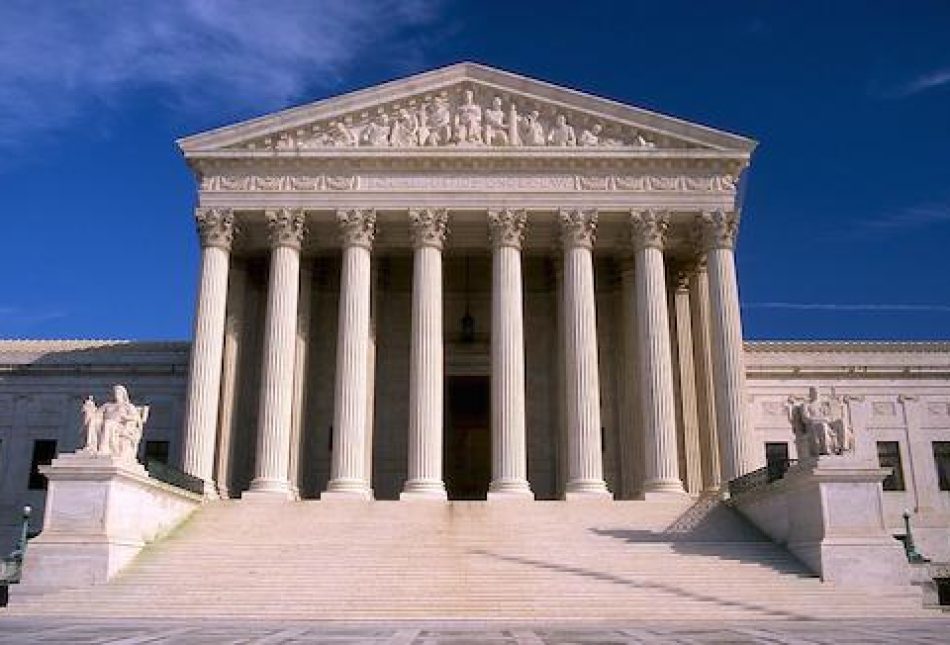Rio Grande Foundation appeals free speech case to the US Supreme Court

The Arizona-based Goldwater Institute recently filed briefs asking the U.S. Supreme Court to hear the Rio Grande Foundation’s lawsuit against a Santa Fe ordinance that forces nonprofits to surrender their donors’ privacy rights whenever they support or oppose a ballot initiative. The case is just the latest in a series of cases in which donors to think tanks and nonprofits have been targeted by anti-privacy mandates nationwide.
The lawsuit began in 2017 when the Rio Grande Foundation announced its opposition to a proposal to impose a sales tax on sugared soft drinks in Santa Fe. The Foundation posted a video to its Facebook page—a video it didn’t make—that urged voters to oppose the initiative. That triggered a city ordinance that requires nonprofits that spend more than $250 supporting or opposing initiatives to turn over the names, addresses, and employment information of any donor who gave even a penny for that purpose. Even though the Foundation had not spent any money on the video, city bureaucrats decided that the video must have cost that much, and therefore that it qualified as an “in-kind donation.” It concluded that the Foundation was required to put its donors’ confidential information on a publicly accessible government list.
Goldwater took up Rio Grande’s case, filing suit to argue that stripping the Foundation’s supporters of their privacy in this way was likely to scare away donors—something lawyers call a “chilling effect” on free speech rights. And we proved at trial that when other, similar organizations, have been forced to turn over their private information, their employees and supporters have suffered intimidation and harassment. That’s not news—as the Supreme Court’s recent decision in Americans for Prosperity v. Bonta made clear, the risk of retaliation when people have their private information made public is a real one—and it does cause people to refrain from exercising their First Amendment rights.
But the Tenth Circuit Court of Appeals threw the case out earlier this year, in a bizarre holding that said people cannot bring a “chilling effect” lawsuit unless they themselves choose not to exercise their freedom of speech. In other words, the court said that because the Rio Grande Foundation intends to speak out in the future, it’s not allowed to argue that the Santa Fe ordinance will likely scare donors into silence.
That makes no sense, because, as the Tenth Circuit itself has said in other cases, the fact that someone is willing to keep speaking despite risk of punishment doesn’t deprive that person of the right to challenge the constitutionality of punishment. For example, in a 2019 case—also from New Mexico—federal courts ruled that a professor who was retaliated against for speaking out about improprieties at her school could still sue even though she “show[ed] extraordinary persistence” and refused to be silenced.
Yet in Rio Grande’s case, the court created a new rule holding that “an element of a chilled speech injury is an actual intention not to speak,” meaning that only a person who is afraid to speak, but not afraid to sue, is allowed to bring a First Amendment lawsuit. That’s illogical—and likely to slam the courthouse doors to many people and organizations who should be allowed to defend their constitutional rights.
We urge the Supreme Court to take up this case and vindicate Rio Grande’s freedom of speech.
You can read our petition here and learn more about the case here.
Here’s the video that started it all.
